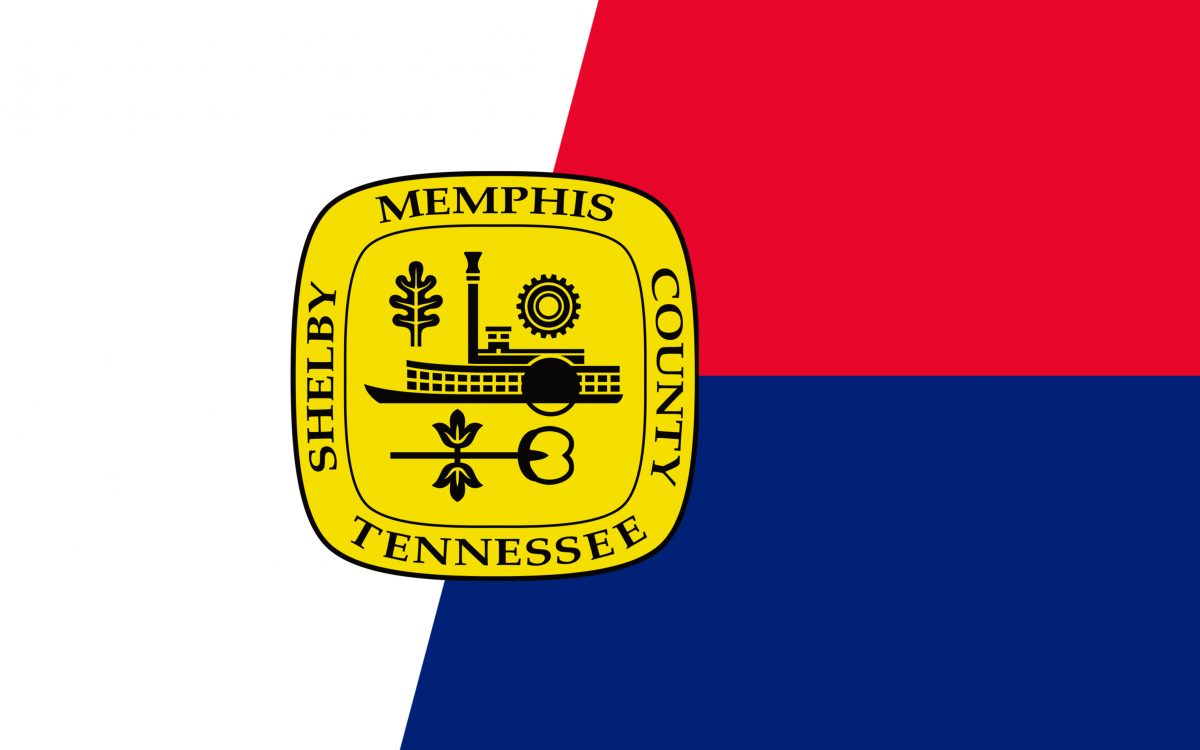Depending on how one looks at it, the 2023 Memphis city election, which concludes on October 5th, has been underway for at least a year, is gathering steam, or is just getting started.
There are 14 positions at stake — 13 for the Memphis City Council, and one for the city mayor. What had seemed to be a 15th race — that for city court clerk — will apparently be resolved via council appointment instead on the advice of council attorney Allan Wade.
The most immediate deadline for candidates to keep in mind is July 20th at noon. That’s the filing deadline for the aforementioned 14 positions. The last day for withdrawing a filing will be one week later, on July 27th, also at noon.
There’s a deadline for voter registration, too. That’ll be September 5th, and, as they say, it’ll get here before you know it. Close upon the heels — or cartwheels, if you’d rather — of that date will be the start of early voting on September 15th, and election day itself, again, will be October 5th.
There had been serious efforts by both council members and members of the public to redraw the district lines on the election map, but in the end the council resolved to keep the old district map, circa 2022.
The Election Commission began issuing candidate petitions back on May 22nd, and a provisional field of sorts can be divined from a scan of the list so far.
MAYOR’S RACE
As of July 4th, there were 16 would-be candidates for mayor, of whom a relative handful can be taken seriously — meaning that they possess a convincing mix of credentials, supporter network, financial status, and campaign preparedness.
Such polls as have been circulated — all of them helpful, none of them definitive — suggest that the leading contenders at this point are Sheriff Floyd Bonner, Downtown Memphis Commission CEO Paul Young, NAACP president and former County Commissioner Van Turner, and former Mayor Willie Herenton.
A little sugar and a few grains of salt regarding each:
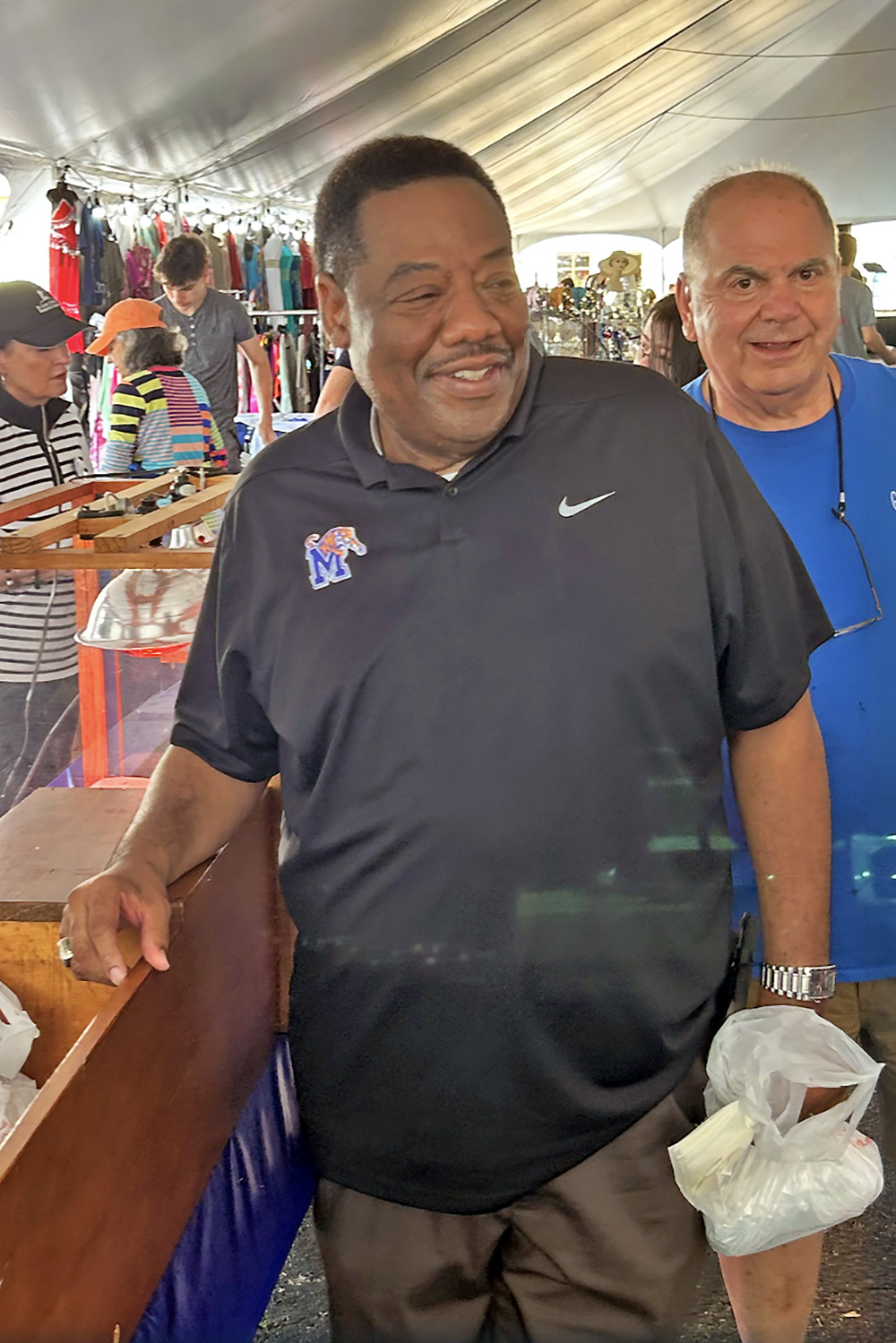
- Floyd Bonner may have begun the race last year as something of a favorite, based on his having been the leading vote-getter in the last two county elections. He soaked up a lot of early fundraising cash to go with his holdover stash from those earlier elections. (Both he and rival Young have cash on hand at the moment in the half-million-dollar range.) And his standing as a law enforcement figure looms large in a voter environment anxious about crime.
But he has started the race cautiously, holding back both on public appearances and on his spending in anticipation of the stretch to come. And, though he is a teddy bear personally, he can anticipate some degree of flak from protesters on the left who would challenge his jail policies and exploit the fallout of several incidents involving harm or death to suspects.
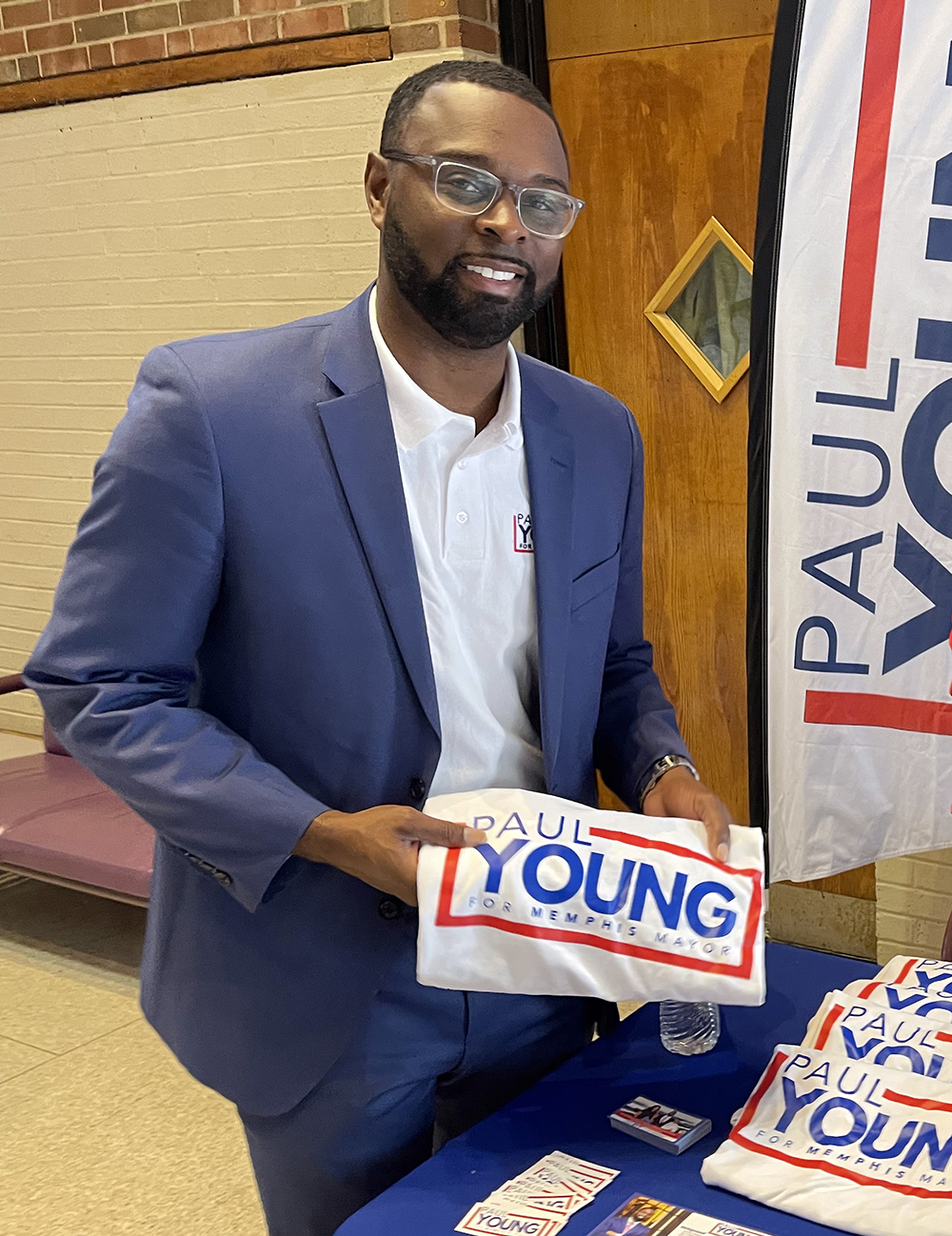
- Paul Young is leading all comers in fundraising and rarely if ever takes any time off from campaigning. He has abundant support from the city’s business elite and the managerial nexus of city government, having served astride the seam of development policy in both city and county jobs.
He has all kinds of momentum. He professes a disinterest in politics as such and a desire merely “to do the work.”
It is an open question, however, whether — as someone who, to the general public, had been largely an unknown — Young has yet reached the plateau of name recognition necessary to achieve his goal. He certainly has the funding on hand for a late-campaign blitz to get there.

- Van Turner has been regarded for years as a potential candidate for mayor, and, as a former Democratic chairman, has a standing among that party’s activists that is unequaled by any other candidates.
Moreover, his NAACP credentials and his highly visible involvement in the public response to the Tyre Nichols tragedy and other such incidents, as well as his still remembered role in the liquidation of the city’s Confederate memorials, helps to undergird his stature.
Turner has been polling well and hopes to garner a significant share of the city’s majority Black vote — which, however, will be targeted by (and split with) several other candidates.
His major concern has to be that reality, as well as the fact that his fundraising (in the general vicinity of $200,000, tops) has lagged relative to that of Bonner and Young.
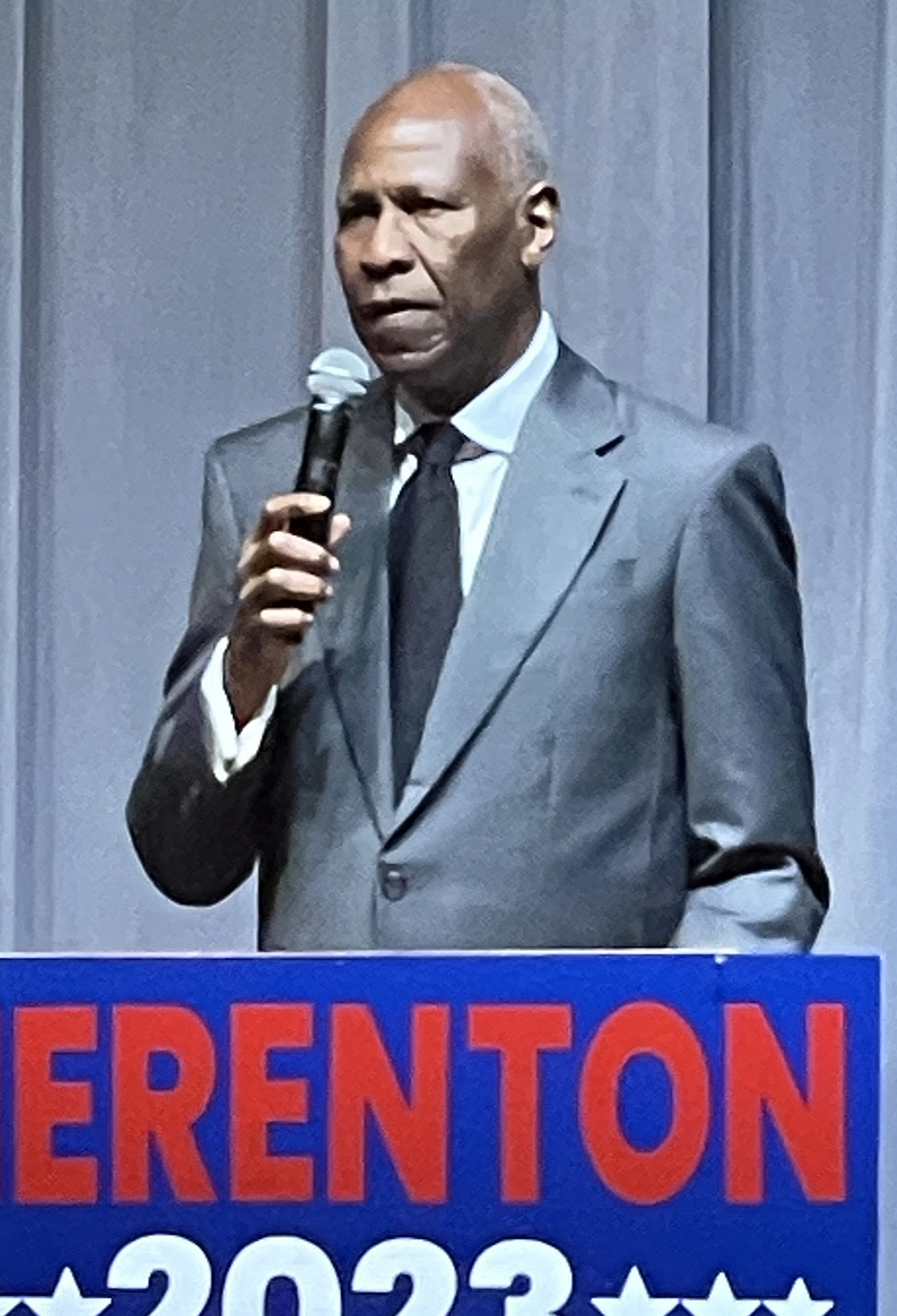
- Willie Herenton is iconic in the true sense of that term. He embodies one of the signal African-American triumphs of modern times via his 1991 upset victory to become Memphis’ first elected Black mayor. And his subsequent reelections — at four-year intervals, 1995 through 2007 — both enhanced and tarnished his aura.
Now 83, he is making a seventh race for mayor (he finished second to Jim Strickland in his sixth one, in 2019). No one expects him to win; toward the end of his long tenure, he had alienated too many voters through his arrogance and through increasingly indifferent administrative oversight. But he was never a patsy, and his hold on a large bloc of African-American voters remains impressive. Never mind that he eschews both forums and fundraising. He still polls well, and he’ll influence this election one way or another, especially given his vow to apply “tough love” to youthful criminals.
That’s the list your winner is likely to come from, but others persist in long-shot hopes.
Foremost among these is probably philanthropist/developer J.W. Gibson, who has made little headway so far, but has pockets deep enough to improve his scenario to some extent. Newly aboard to assist him is longtime consultant Susan Adler Thorp, whose first task is surely to help Gibson find a persuasive message.
Also still alive and kicking (if barely) is City Councilman Frank Colvett, a GOP moderate who began the race with support from a minority of the available Republican vote, and, despite a valiant effort at scantily-attended local forums, hasn’t improved it enough to boost his chances, even as a spoiler.
School Board member Michelle McKissack was a theoretical dark-horse prospect back in the day and has had a couple of decent fundraising flurries, but she, too, has not managed to escape the second tier.
Karen Camper, the Democrats’ minority leader in the state House, was doomed from the start. Her considerable abilities were obvious only to those few voters who pay itemized attention to legislative matters, and she was prohibited as a legislator from raising any money while the General Assembly was in session.
Another lost cause is James Harvey, an eccentric but an able one who, as a former Democrat pitching to hard-line Republicans on the crime issue, simply doesn’t have a viable audience.
And there’s Joe Brown, the former judge and syndicated TV personality who lost his audience and whose unstable campaign is guaranteed to self-destruct at some point.
And what would appear to be the last mayoral petition pulled last week was by the wealthy radiologist/broadcaster George Shea Flinn, who has by now run for congressional, mayoral, and U.S. Senate seats. Could he have found the magic formula this time?
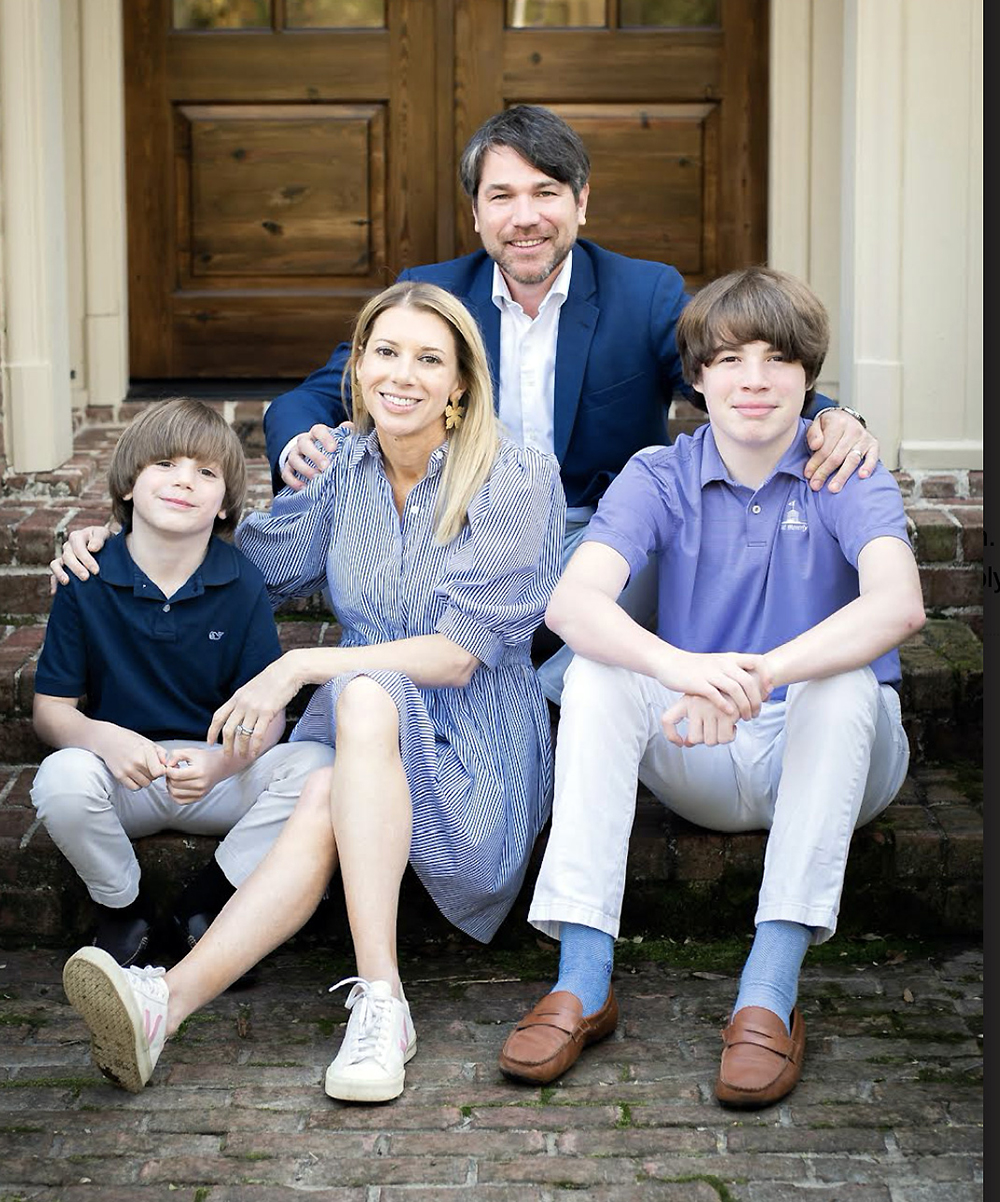
CITY COUNCIL
As we approach the aforementioned late-July filing/withdrawal deadlines, the lineups for council positions are still very much in flux.
Although several of the emerging lineups have been openly declared, several of them, too, are highly provisional, with more than a few would-be candidates having drawn multiple petitions in several different races.
In council District 1, encompassing Raleigh and much of northeastern Memphis, incumbent Rhonda Logan has two apparent challengers at this point — Kymberly Kelley, about whom little is known, and Michael R. Williams, a longtime police union representative with good name recognition. A genuine race could develop here.
In council District 2, an open seat in a majority white East Memphis area held at present by mayoral candidate Colvett, who was term-limited, at least 10 candidates have pulled petitions so far. Of these, former Probate Clerk Paul Boyd and erstwhile district candidate Marvin White have name recognition. So do former Councilman Scott McCormick, aiming at a comeback, and Jerri Mauldin Green, policy advisor to County Mayor Lee Harris and a recent candidate for the legislature.
In council District 3 (Whitehaven, Hickory Hill), where incumbent Patrice Robinson is term-limited, there are seven entries so far, with most attention going to three candidates — Ricky Dixon, Rev. James Kirkwood (a former ranking MPD officer), and environmentalist/activist Pearl Walker.
Council District 4 (Central Memphis, including Central Gardens and Orange Mound) pits the two most recent holders of the seat against each other — Teri Dockery, who was briefly an appointed council member following former incumbent Jamita Swearengen’s departure to become Circuit Court Clerk, and current incumbent Jana Swearengen-Washington, winner of a special election to succeed her sister. Dockery faced council discipline during her brief tenure.
Council District 5 (Midtown, East Memphis) presents what will by all odds be the most intensely contested and costly race on this year’s council ballot.
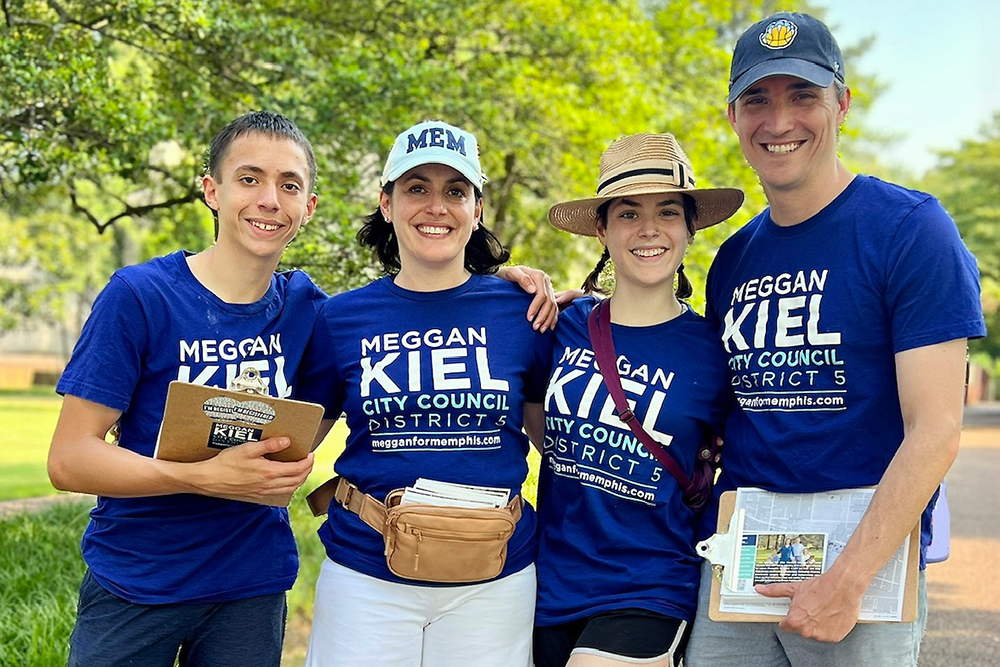
Although a novice candidate, Luke Hatler, has also picked up a petition, the race for this important swing district will be between two formidable candidates, former Councilman Philip Spinosa and much ballyhooed newcomer Meggan Wurzburg Kiel. Spinosa shades moderate Republican, and Kiel, a veteran of MICAH (Memphis Interfaith Coalition for Action and Hope), represents a progressive constituency. Both are amply endowed with financial and network support.
District 6 (South Memphis westward) is a longtime Ford-family bailiwick, and current incumbent Edmund Ford Sr. should have an easy time of it. Once again, among those opposing him is LGBTQ figure Davin Clemons, an ex-MPD officer who enjoyed support in 2019 from County Mayor Lee Harris and may again.
In District 7 (Downtown, Frayser, North Memphis) incumbent Michalyn Easter-Thomas finds her legal underpinning being questioned by those (reportedly including council attorney Allan Wade) who see a likely conflict of interest between her council position and her new position with the Memphis River Parks Partnership, a city affiliate.
Hoping something comes of this are several potential opponents already, and there may be more to come.
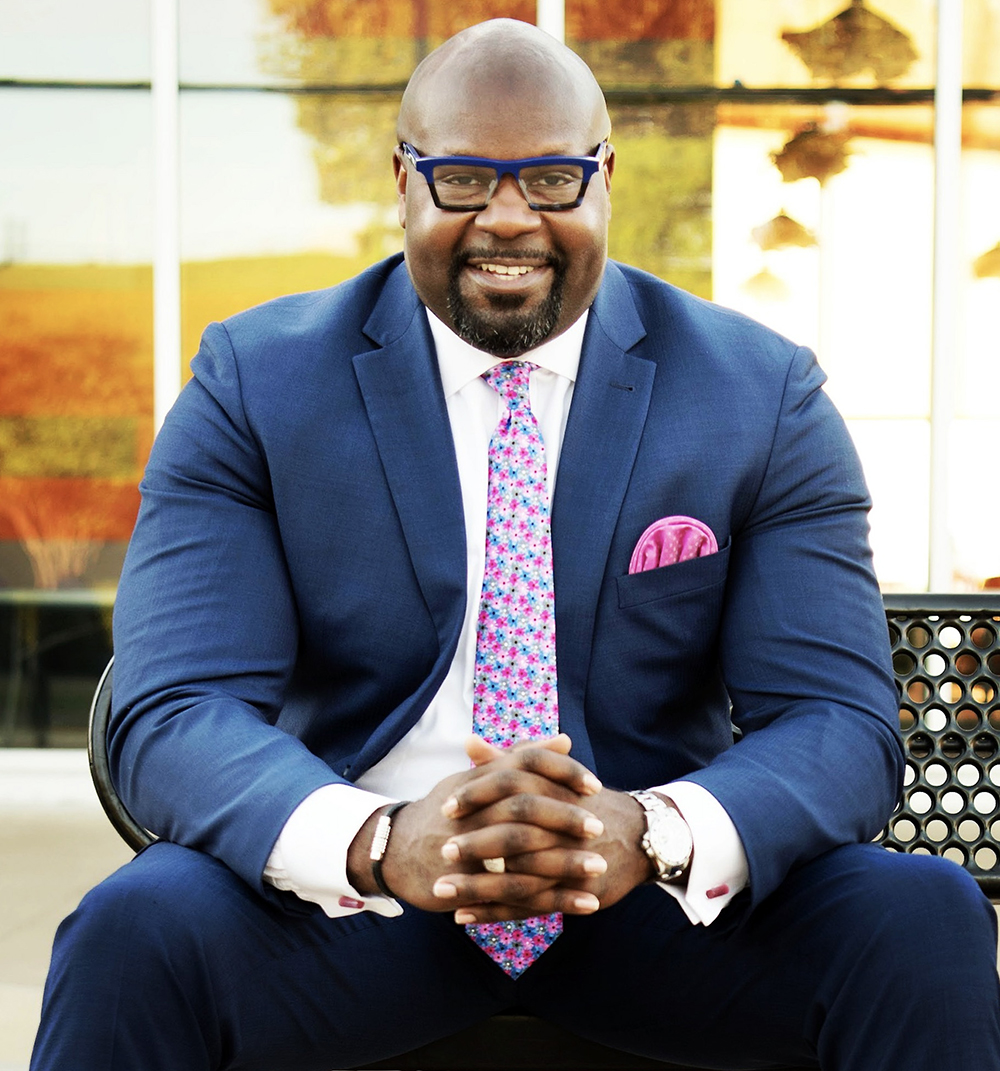
THE SUPER-DISTRICTS
The result of a judicial compromise decreed back in the early ’90s by the late Judge Jerome Turner, the two super-districts, incorporating three seats apiece, each represent roughly half the city’s population — one, to the east, predominantly white in population, the other, on the west side, predominantly Black. That was the original idea, anyhow; the population ratio is persistently shifting in both districts, with African Americans gaining in both spheres, at least marginally.
As is the case with the mayoralty, winner-take-all is the rule with these seats, there being no runoff allowed.
District 8-1 is held by the ever-voluble, front-foot-forward JB Smiley Jr., and there are no takers against him so far.
There’s a different story in District 8-2, where incumbent Cheyenne Johnson has drawn a petition for reelection but has given almost everyone the impression that she intends ultimately to withdraw.
Tentative petitions have been drawn by the likes of businessman and former Councilman Berlin Boyd, the aforesaid Davin Clemons, and entertainer/activist Jerred Price, but all these candidates are considered more likely to run in District 8-3, where they have also drawn petitions.
A strong rumor has it that former district attorney candidate Janika White is ready to run in 8-2 as soon as Johnson withdraws, if indeed that should occur.
In District 8-3, several people have drawn petitions — but the race is expected to come down to former Councilman Boyd, Price, and Brian Harris, an “omni channel director” with Best Buy.
In District 9-1, incumbent Chase Carlisle seems to have acquired an opponent in one Benjamin Smith, a dance-hall entrepreneur, but remains heavily favored.
At this point (though things could definitely change), both Ford Canale in District 9-2 and Dr. Jeff Warren in District 9-3 remain unopposed.
A CHANCE FOR CHANGE
There were will definitely be a new look to city government as of the election aftermath — beginning with the next executive and whomever he or she chooses to appoint to leadership roles. And there are differences that the times have brought to the auditioning process. But there is no indication yet that the mainstream of city government will shift in some unimaginable new direction. There will still be an acceptably biracial dimension to the city council, for example, though arguments will continue as to what the right proportion should be.
But change is notoriously unpredictable (think only of the recent pandemic, of the havoc it wreaked and the unforeseen adaptations that ensued in its wake). The issues that candidates run on may not be the ones that confront us in the future.
In any case, the chance to remake will soon be upon us, and the opportunity to choose should not be passed up.
We Need Your Help!
As Memphis prepares to elect a new mayor Oct. 5th, public safety — defined not just as crime and police violence, but feeling secure in your home and the city — is on everyone’s mind. The Memphis Flyer and MLK50: Justice Through Journalism are partnering on a series of stories examining the state of public safety in our city, and we want to know what’s important to you. Follow this link to MLK50.com to fill out a short survey letting us know what questions you have for the candidates. We’ll get the answers you need to make an informed decision in this election.
